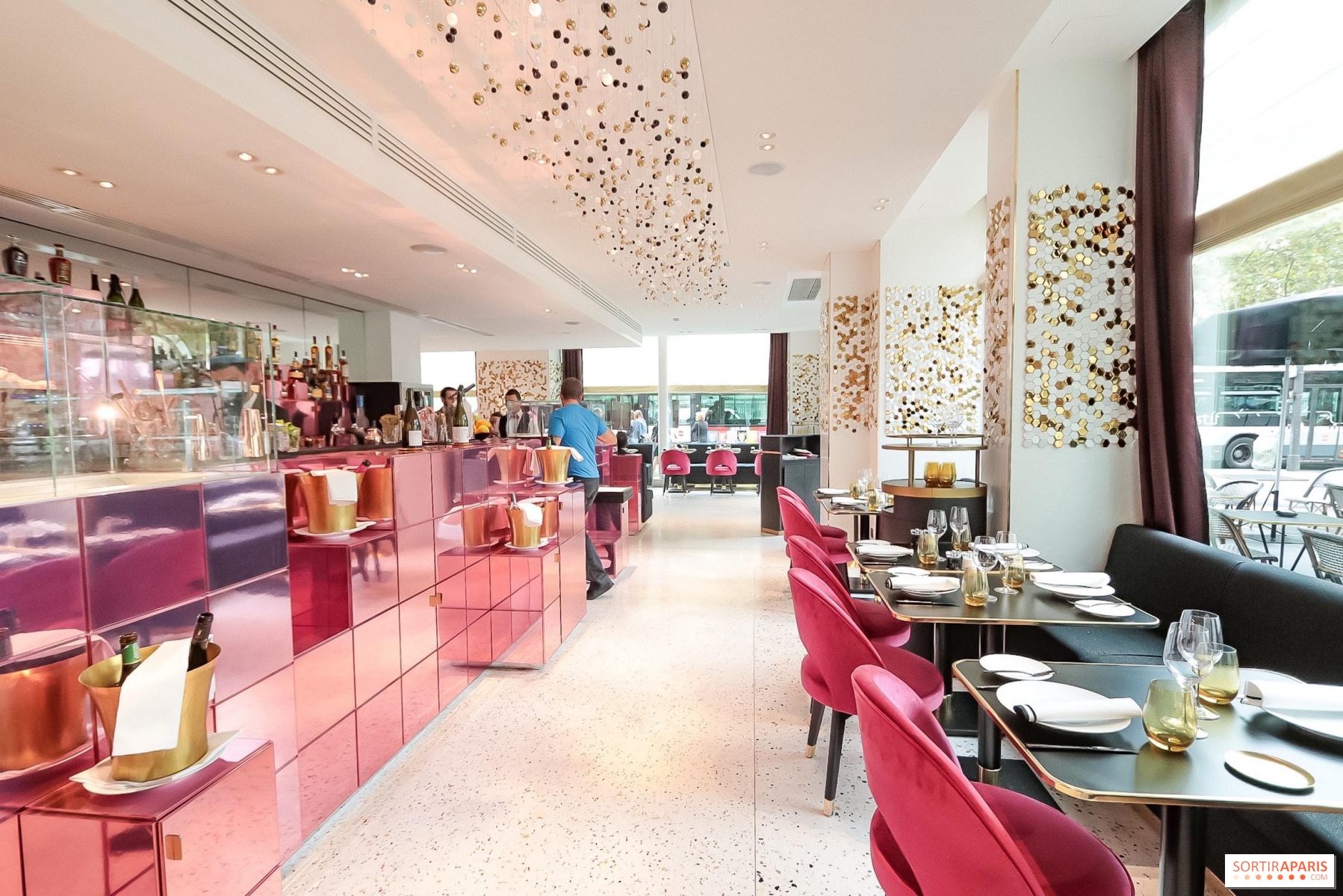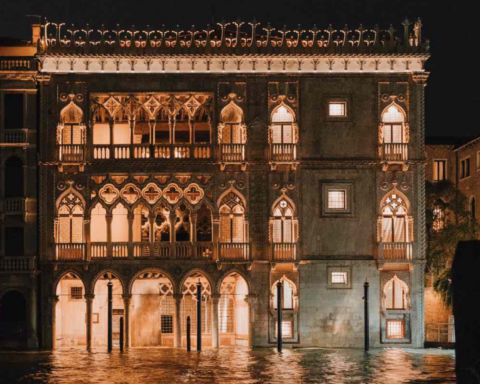[vc_row njt-role-user-roles=”administrator,armember”][vc_column][vc_column_text]
While the health crisis has largely affected the luxury hotel sector, French and Swiss establishments are adapting to the situation by launching take-away sales. A look back at a small revolution in room service.
At a time when the hotel occupancy rate is close to 10%, the luxury hotel industry is renewing itself and offering its culinary products for takeaway sales. For example, the contents of the minibar at the Fauchon hotel, located on Place de la Madeleine in Paris, are available in all rooms. Assortments of pastries, chocolates, foie gras, champagnes or scented teas can also be taken home. Even the furniture containing all these sweets is offered for sale. Designed by Sacha Lakic for Fauchon, the object has been integrated into the collection of the manufacturer Roche Bobois.
If this initiative seems unusual, it has also become commonplace in Geneva’s major hotels. Indeed, ten Swiss five-star establishments – the Hôtel d’Angleterre, the Beau-Rivage, the Fairmont, the Four Seasons, the InterContinental, the Mandari Oriental, the Métropole, the Réserve, the Président Wilson and the Ritz-Carlton Hôtel de la Paix – have decided to join forces and offer their food cards for takeaway sale. It is therefore possible to enjoy at home a Chinese beef, a selection of Lebanese mezze, but also a transalpine vitello tonnato or an English tea.
At the Beau-Rivage Hotel, starred chef Dominique Gauthier and his brigade offer their menu for takeaway sale. “We have set up a gourmet offer of simmered dishes, very different from what we are used to doing, but it feels so good to work. It’s up to us to reinvent ourselves,” says the great chef.
Various dishes are therefore prepared under vacuum so that the customer only has to reheat them in boiling water for 15 minutes. Two menus in particular can be taken away in this way: a fricassee of poultry with porcini mushrooms from the mountains accompanied by a tarragon cream, or a pot of melting deer cheeks with truffles and creamy polenta. To round off the dinner, pastry chef Yohan Coiffard offers his Paris Brest with praline and Piedmont hazelnuts, as well as his salted butter caramel tiramisu.
Similarly, the Four Seasons in Geneva offers dishes that can be finished at home, prepared in its two points of sale: the Italian restaurant Il Lago and the Japanese restaurant Izumi. “We wanted to keep the link with our local clientele, who remain very loyal throughout the year in normal times. Without the Genevans, we wouldn’t exist. It’s up to us to continue to make ourselves available to them,” said Benjamin Moury, the hotel’s Food & Beverage Director.
All in all, it’s all about betting on emblematic gourmet creations. “It’s been a long time since champagnes and chocolates have been labeled by establishments. We are now witnessing the exploration of new territories such as wine, spices, peppers, herbal teas and coffees,” says Patrick Ogheard, associate dean of practical arts at the Ecole hôtelière de Lausanne. “These are additional sales. The more we make, the better.”
Thierry Lavalley, Director of the Fairmont Hotel, concluded: “For this joint initiative, why not showcase the cuisine of our hotels by developing a take-away gastronomy, in the spirit of the times, while preserving our respective culinary identities”. This take-away concept would never have seen the light of day in a normal context, but it has become, by force of circumstance, the ultimate means of contact between an establishment and its customers: “We cry out for help to our local community and ask the people of Geneva to show solidarity with their hotels. That’s all we have left”.
Read also > GLOBAL LUXURY HOTELS INDUSTRY REPORT
Featured Photo : © Sortiraparis.com[/vc_column_text][/vc_column][/vc_row]










